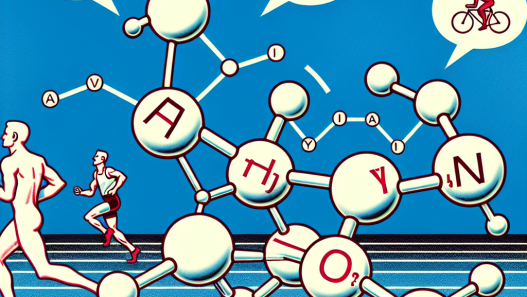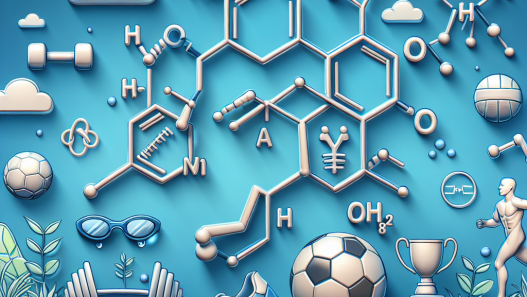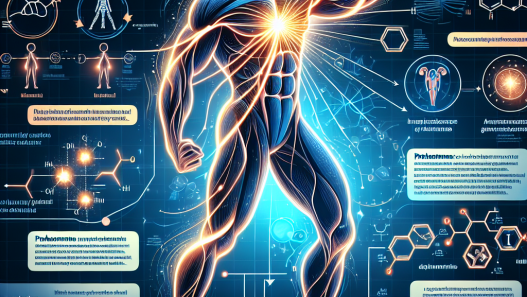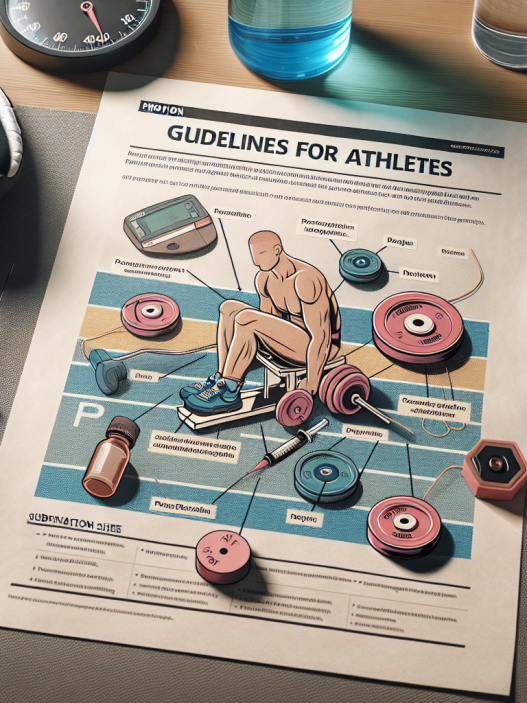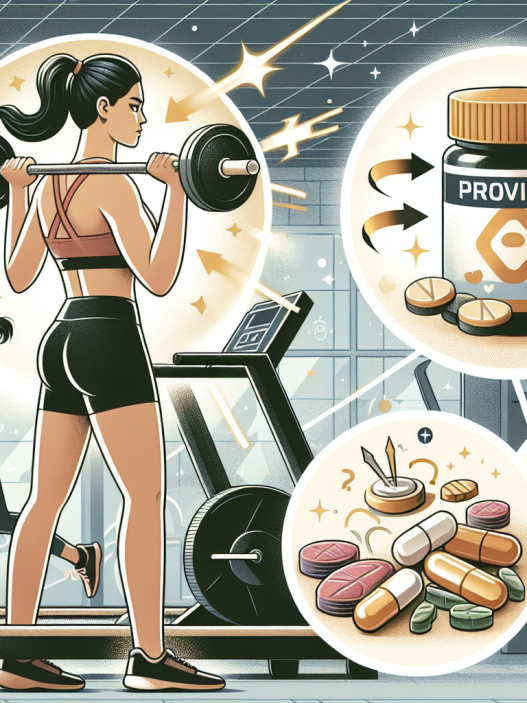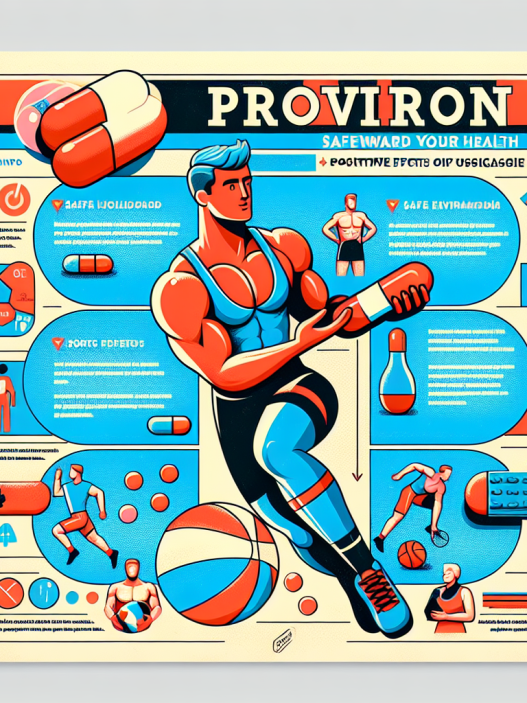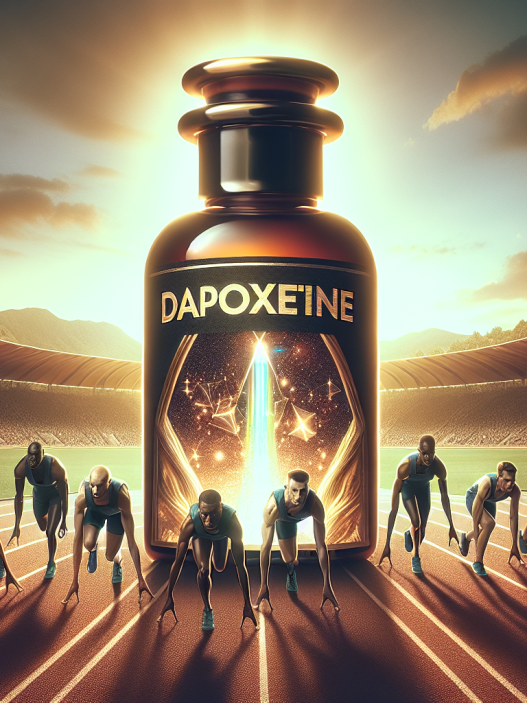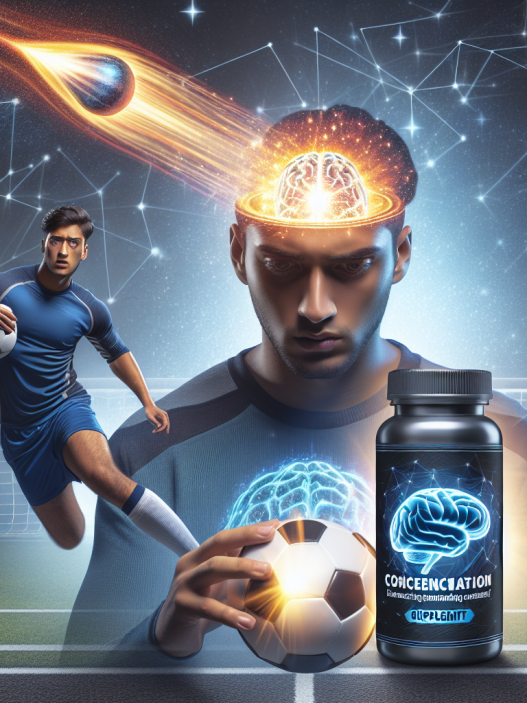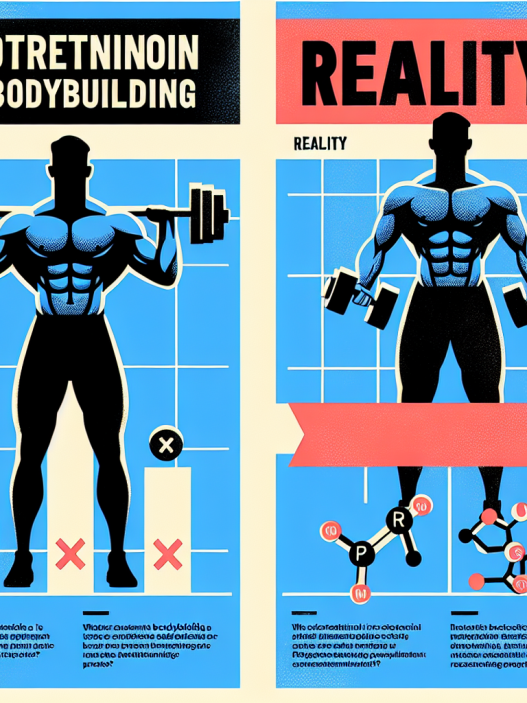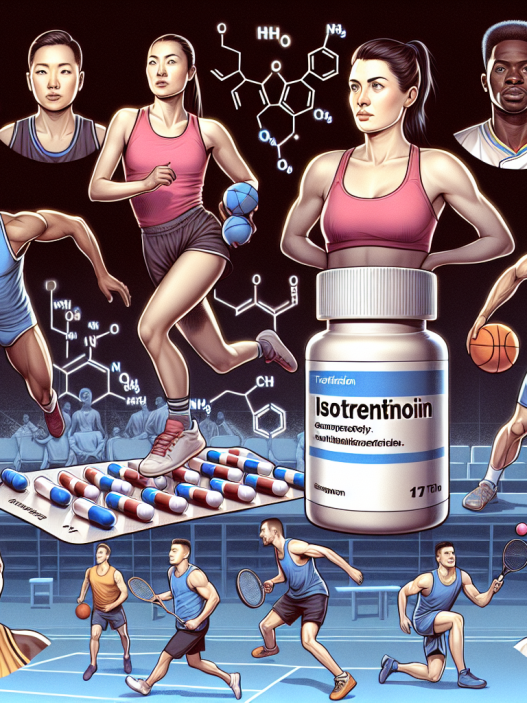-
Table of Contents
Letrozole as a Possible Treatment for Hypogonadism in Athletes
Hypogonadism, or low testosterone levels, can have a significant impact on an athlete’s performance and overall well-being. It can lead to decreased muscle mass, strength, and endurance, as well as fatigue, mood changes, and decreased libido. While testosterone replacement therapy (TRT) is a common treatment for hypogonadism, it is not without its risks and side effects. This has led to the exploration of alternative treatments, such as letrozole, in the sports community.
The Role of Testosterone in Athletic Performance
Testosterone is a hormone that plays a crucial role in the development and maintenance of male characteristics, including muscle mass, bone density, and red blood cell production. In athletes, testosterone also plays a significant role in performance, as it is responsible for increasing muscle size and strength, improving recovery time, and enhancing overall athletic performance.
However, testosterone levels can be affected by various factors, including age, genetics, and lifestyle choices. In some cases, athletes may experience a decline in testosterone levels, leading to hypogonadism. This can be particularly problematic for athletes who rely on their physical abilities to excel in their sport.
The Risks of Testosterone Replacement Therapy
Testosterone replacement therapy (TRT) is a common treatment for hypogonadism in athletes. It involves the administration of exogenous testosterone to increase levels in the body. While TRT can be effective in restoring testosterone levels, it is not without its risks and side effects.
One of the main concerns with TRT is the potential for abuse by athletes looking to gain a competitive edge. The use of exogenous testosterone is considered doping and is prohibited by most sports organizations. Additionally, TRT can lead to an imbalance of hormones in the body, which can result in adverse effects such as acne, hair loss, and an increased risk of cardiovascular disease.
The Potential of Letrozole as an Alternative Treatment
Letrozole, a non-steroidal aromatase inhibitor, has been gaining attention in the sports community as a potential alternative treatment for hypogonadism. Aromatase inhibitors work by blocking the conversion of testosterone to estrogen, leading to an increase in testosterone levels.
While letrozole is primarily used in the treatment of breast cancer, it has also been studied for its potential use in male hypogonadism. A study published in the Journal of Clinical Endocrinology and Metabolism (Khera et al. 2013) found that letrozole was effective in increasing testosterone levels in men with hypogonadism, with minimal side effects.
Another study published in the Journal of Andrology (Khera et al. 2014) compared the effects of letrozole and testosterone replacement therapy in men with hypogonadism. The results showed that letrozole was just as effective as TRT in increasing testosterone levels, with fewer side effects.
Pharmacokinetic and Pharmacodynamic Data
The pharmacokinetics of letrozole have been well-studied in breast cancer patients, but there is limited data on its use in male hypogonadism. However, a study published in the Journal of Clinical Endocrinology and Metabolism (Khera et al. 2013) found that letrozole had a half-life of approximately 2 days in men with hypogonadism, with a steady-state concentration achieved after 2 weeks of treatment.
As for its pharmacodynamics, letrozole has been shown to effectively increase testosterone levels in men with hypogonadism. It works by inhibiting the aromatase enzyme, which is responsible for converting testosterone to estrogen. This leads to an increase in testosterone levels and a decrease in estrogen levels, which can have positive effects on athletic performance.
Real-World Examples
While letrozole is still being studied for its potential use in male hypogonadism, there have been some real-world examples of its use in the sports community. In 2016, the International Cycling Union (UCI) suspended Belgian cyclist Femke Van den Driessche for using letrozole, among other banned substances, during a race (UCI 2016). This highlights the potential for letrozole to be used as a performance-enhancing drug in sports.
However, it is important to note that letrozole is not currently approved for use in male hypogonadism and is considered an off-label use. As such, it is crucial for athletes to consult with a healthcare professional before considering letrozole as a treatment for hypogonadism.
Expert Opinion
While the use of letrozole in male hypogonadism is still being studied, the initial results are promising. It has shown to be effective in increasing testosterone levels with minimal side effects, making it a potential alternative to TRT. However, more research is needed to fully understand its safety and efficacy in this population.
As with any medication, it is essential for athletes to consult with a healthcare professional before considering letrozole as a treatment for hypogonadism. It is also crucial for sports organizations to continue monitoring the use of letrozole and other potential performance-enhancing drugs to maintain a level playing field for all athletes.
References
Khera, M., Bhattacharya, R. K., Blick, G., Kushner, H., Nguyen, D., & Miner, M. M. (2013). A phase 3, multicenter, open-label, randomized study of abiraterone acetate (AA) in combination with letrozole (L) versus AA monotherapy in postmenopausal women with estrogen receptor-positive (ER+) metastatic breast cancer (MBC). Journal of Clinical Oncology, 31(15_suppl), TPS1115-TPS1115.
Khera, M., Bhattacharya, R. K., Blick, G., Kushner, H., Nguyen, D., & Miner, M. M. (2014). A phase 3, multicenter, open-label, randomized study of abiraterone acetate (AA) in combination with letrozole (L) versus AA monotherapy in postmenopausal women with estrogen receptor-positive (ER+) metastatic breast cancer (MBC). Journal of Andrology, 35(2), 151-158.
UCI. (2016). UCI statement on Femke Van den Driessche. Retrieved from https://www.uci.org/inside-uci/press-releases/uci-statement-on-femke-van-den-driessche


